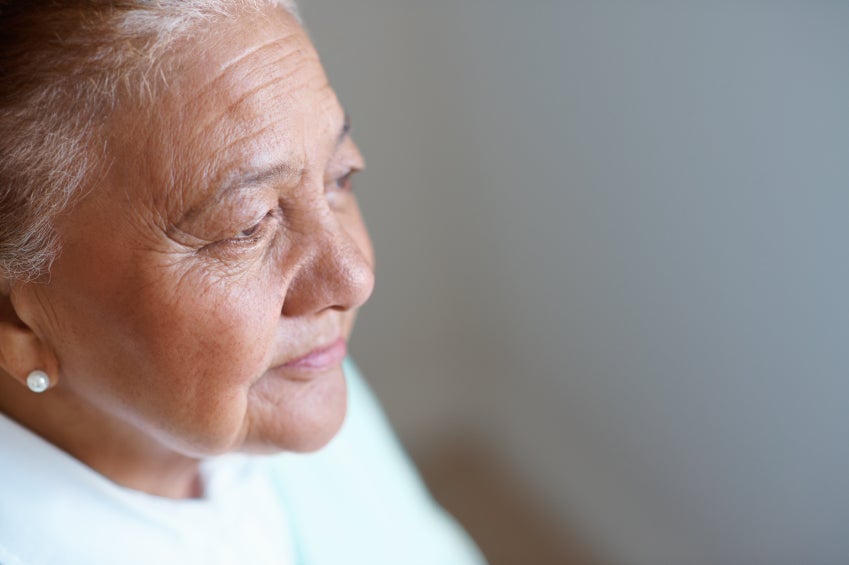
24 million times someone has made an excuse to not schedule a colonoscopy. That’s how many Americans need to have a colonoscopy but have not done so yet. Colonoscopy is the most accurate screening test for cancers of the colon and rectum. Colon cancer is the third-leading cause of cancer related deaths among men and women in the United States. Yet, colon cancer is one of the most preventable cancers. When possible pre-cancerous polyps, a precursor to colon cancer, is discovered and removed, the risk of dying from colon cancer is cut by as much as 95 percent. So why do so many people wait or do nothing at all? We would like to reveal the myths holding us back from scheduling a colonoscopy.
#1 I don’t have any symptoms.
If you have no symptoms of colon cancer, then what is the need to have a colonoscopy? Unfortunately, precancerous polyps growing in your colon don’t often provide symptoms to alert you that anything is wrong. And they are more prevalent than you may realize. As many as 15 percent of women and 25 percent of men over the age of 50 have polyps removed during a colonoscopy screening. Without screening, polyps have the potential to go undetected and develop into cancer.
#2 I don’t have a family history.
Research has found that people who have a parent, sibling or child who has been diagnosed with colon cancer double their own risk of developing colon cancer. However, family history is not the only risk factor for colon cancer. The majority of cases of colon cancer have no family history, which is present in only one in five cases. Other risk factors for colon cancer include age, race and type 2 Diabetes, for example.
#3 I’m too young.
Current guidelines indicate anyone with an average risk should begin regular colon cancer screening at 50 years old. However, that does not mean that everyone should wait until they are 50. 10 percent of cases are discovered in younger people. If you experience symptoms (blood in stool, rectal bleeding or a change in bowel habits that lasts more than a few days), have a family history of colon cancer or personal history of some types of cancer (ovarian or uterine), for example, you may need to begin screening earlier. Talk to your health care provider. Also, people of African-American descent should begin screening at 45 years old.
#4 The preparation is not worth it.
Yes, preparing for a colonoscopy requires cleansing the bowels and that is not a fun process, but it is getting better. Whereas patients used to drink a gallon of solution to clear their bowels, today there are half-gallon and split dose options. Patients can take one dose at night and one the next morning to help reduce the discomfort of preparing for the screening. While you might have to miss a day from work, that is much better than the work and other activities in life you would miss if diagnosed with colon cancer.
#5 I’m healthy.
If you are physically active, maintain a healthy weight, don’t smoke and eat a healthy diet, then you are reducing your risk of developing colon cancer. Great work! However, that does not ensure that you can skip the screening. The truth is we are all at risk of developing colon cancer. In fact, one in eighteen Americans will be diagnosed with colon cancer in their lifetime. Taking steps to reduce our risk as well as staying up-to-date with colonoscopy screening is the best approach to preventing colon cancer.
To learn more about colon cancer screening, watch this video with Utica Park Clinic gastroenterologist Dr. Harvey Tatum. If it is time to schedule a colonoscopy, we encourage you to take that step. Click here to find a provider near you.
